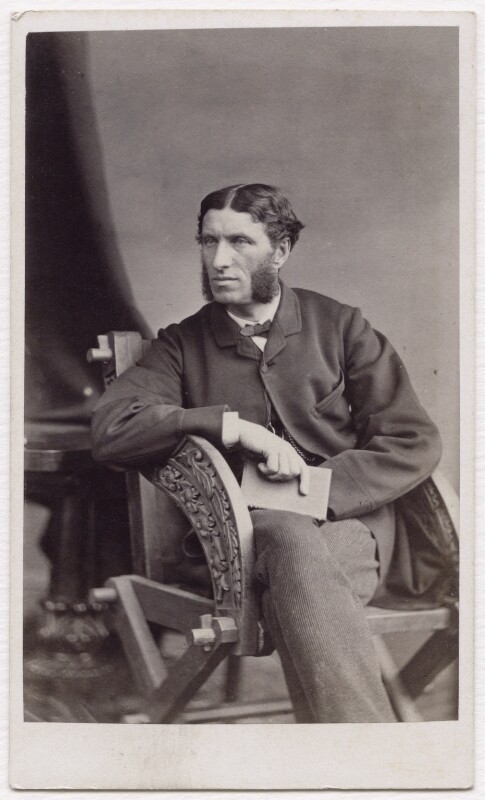Matthew Arnold, who held a deep appreciation for Greek art, culture, and literature, expressed in the preface to his poems, believed that action held paramount importance in poetry. In his view, the subject and the action within a poem should harmonize effectively to engage the reader’s intellect. He emphasized that manner and style should not wield greater influence over a poem. As a poet, one cannot ignore the fundamental idea that subject and action hold more significance than the specific manner and style employed in the poem. Arnold conveyed this notion to contemporary poets, likening it to a guiding principle in the craft of poetry.
Matthew Arnold held the belief that a modern writer should recognize that contemporary literature is firmly rooted in the literary traditions of the past. Furthermore, Arnold argued that writers should contribute to the future by upholding and building upon this rich literary heritage. To support his viewpoint, he referenced the words of Goethe and Niebuhr, who shared similar sentiments about the importance of tradition and continuity in literature.
Matthew Arnold urged contemporary poets to draw inspiration and guidance from the ancients, particularly their remarkable characters and themes. He believed that classical literature possessed qualities like pathos, moral depth, and noble simplicity, which were lacking in modern themes due to the prevailing spiritual frailty of the age. According to Arnold, modern themes were better suited for comic and lighter forms of poetry and lacked the grandeur necessary to support epic or heroic poetry.
Arnold deliberately departed from the predominant Romantic perspective on poetry and sought to revive Classical values such as objectivity, sophistication, and structural integrity. He criticized the Romantics for neglecting the Classical writers in their pursuit of novelty and for their allusive writing that made comprehension difficult.
Arnold advised young writers not to try copying everything about Shakespeare in their work. Instead, he suggested they should only try to copy the things he was really good at. He warned them to stay away from Shakespeare’s tricky and fancy writing techniques like playing with words, using complex comparisons, talking in circles, and making references to other things. Arnold thought that these fancy techniques might confuse young writers and make their poems less clear and effective.
The Grand Style: Matthew Arnold, an English poet and cultural critic, described what he termed the grand style in a series of lectures he gave: On Translating Homer. He said this way of writing is really hard, and he used its difficulty to say that the Iliad, a famous ancient poem, must have been written only by Homer. Arnold thought that the grand style wasn’t something you could see with your eyes; instead, you had to feel it in your heart. He connected this grand style, which he thought was noble and impressive, to the way Homer wrote his poems. Arnold said that not only Homer but also other famous writers like Virgil, Dante, Milton, Sophocles, and Pindar used this grand style even when they were talking about everyday things.
Arnold also argued that there were only two forms of verse capable of achieving the grand style. The first was the heroic couplet or blank verse, with the former consisting of rhymed pairs of lines and the latter being unrhymed but typically comprising lines of ten syllables in iambic pentameter. The second form he identified was a dactylic hexameter, the same form used by Homer and Virgil in their epic works.
According to Douglas Bush, it’s nearly impossible to quantify or estimate the full extent of Matthew Arnold’s influence because, starting from his own era and continuing afterward, so many of his ideas and perspectives became ingrained in the common knowledge of educated people. Arnold was among those critics who, as T.S. Eliot put it, periodically emerge to help organize and improve the state of literature. Eliot regarded Dryden, Johnson, and Arnold as some of the most significant critics in the history of the English language.
